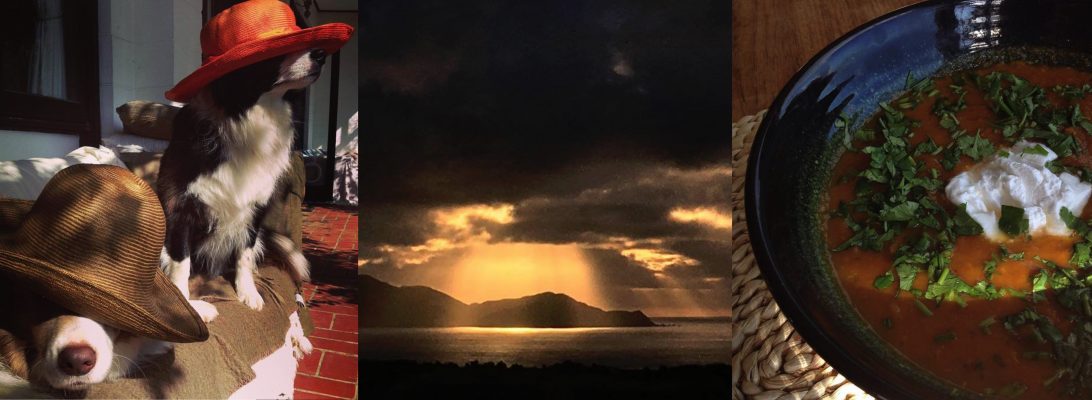I wish I could say it gets easier, but it doesn’t. In fact, a little like too much time in a dentist’s chair leading me to have a lower threshold of dental pain, repetitive experience of losing a family member feels like it’s decreasing my tolerance of grief. I know what’s coming.
During the last eight years, I’ve lost a father to Lewy Body disease (a combination of Parkinson’s and Alzheimers), a grandfather to old age, two uncles to cancer and while my grandmother is still alive, I’ve lost her to advanced Alzheimer’s. Now, I am losing a mother to dementia.
I have deliberated at considerable length about whether to publish a post on this. Mum is still alive and I don’t want to betray her trust or sense of dignity in any way, but there are so many people in my position. And particularly for those of us who are only children, this can feel very lonely. So whoever you are, wherever you are, if you are losing a parent to dementia, I want you to know I am sending you love and light. I really am.
This is where is gets, well, kind of blurred around the edges. My mother has alcohol induced dementia. My mama has consumed a considerable amount of wine over the years to self-medicate severe anxiety. The medical fraternity have always referred to her first and foremost as an alcoholic, sufferer of anxiety, second. But as someone who knows her almost better than anyone, I know, without a shadow of a doubt that she used it to self-medicate. High anxiety first, next step, bottle of wine. And god knows, I get it. While I lost a grandfather and a father 6 weeks apart, she lost a beloved father and her husband who she’d seen deteriorate from a proud, immensely self-disciplined surgeon into a little old man, hunched in a chair, unable to walk or talk, hallucinating. And all the while, aware of her own mother losing her marbles.
How do we cope?
Sometimes we don’t.
Sometimes you feel a calm sense of acceptance.
Sometimes you put on a brave face when you feel anything but brave.
Sometimes, when you hear that your mother has slipped on knee-high pantyhose instead of a glove, you feel your stomach sink.
Sometimes, you want to find a quiet space, curl up in a corner and howl.
And frequently, you wish that someone would invent a miracle cream to magic away the puffy eyes. If you’re reading this and know of something (and it’s not full of chemical ingredients you can’t pronounce) I’d be extremely grateful if you’d let me know.
To be perfectly honest, right now, I don’t know how I’m going to deal with this. But what I do know, as I become aware of how quickly my mother is deteriorating, is that the time I have left with her, while she still recognises me and we can enjoy each other’s company, is hugely precious.
I do know that it’s high time I left go of any residual sense of resentment about the mother I ‘should have had’ or simply wished I’d had.
I do know that the most healthy way I can respond to this, is with grace and compassion. Not just for Mum but for me.
And tonight, just for a little while, that means that I welcome my old friend grief back into the room and together, tissues in hand, we sit and talk for a little while.









